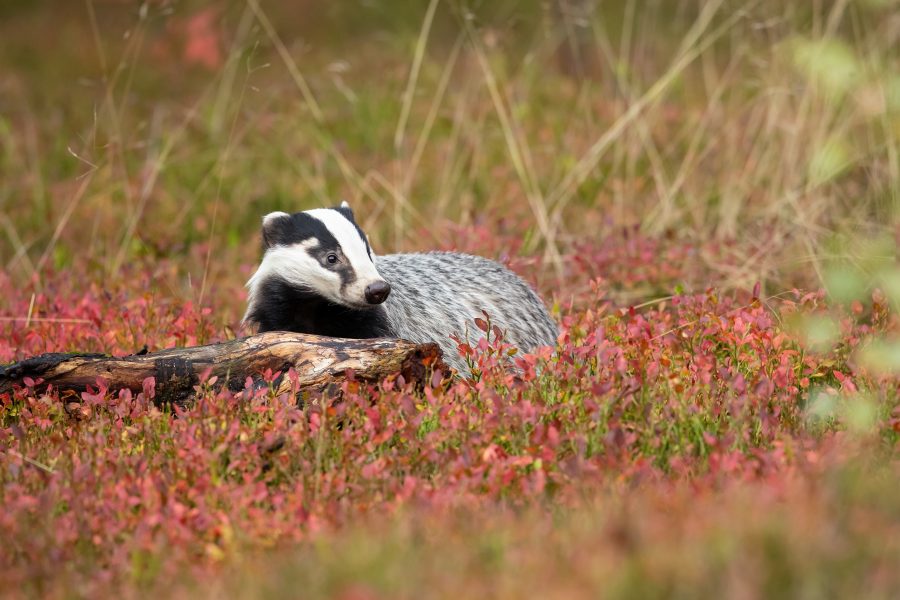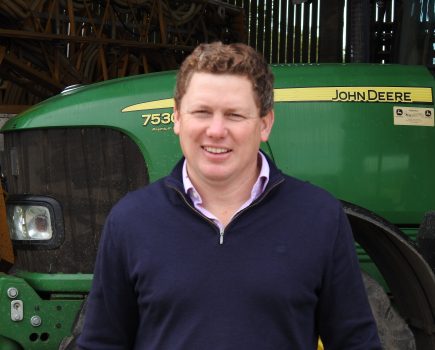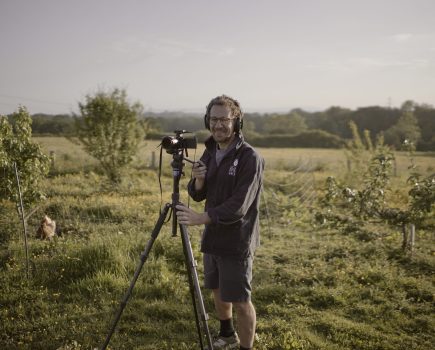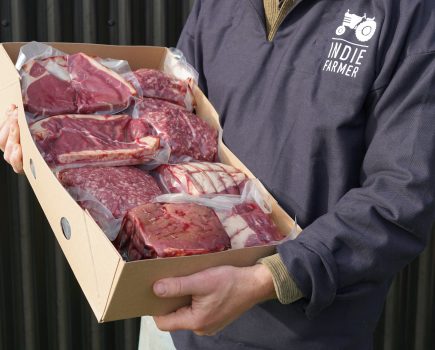Government plans to eradicate bovine tuberculosis (bTB) and phase out badger culling by the end of this Parliament have failed to impress either side in the fierce, ongoing debate.
While the Badger Trust was quick to protest about the fact that the cull would continue while efforts to find an alternative solution to the problem were progressed, the Country Land and Business Association (CLA) stressed that culling needed to be retained as part of the fight against the disease.
The debate was re-ignited by the announcement of the Government’s new TB eradication strategy aimed at ending the cull while driving down rates of infection “to save cattle and farmers’ livelihoods”.
The announcement pointed out: “Over the past decade, TB has had a devastating impact on British livestock and wildlife. Over 278,000 cattle have been compulsorily slaughtered and over 230,000 badgers have been killed in efforts to control the disease, costing taxpayers more than £100 million every year.
“For the first time in over a decade, the Government will introduce a new bovine TB eradication strategy working with farmers, vets, scientists and conservationists to rapidly strengthen and deploy a range of disease control measures.
“The new strategy will mark a significant step-change in approach to tackle this devastating disease, driving down TB rates and saving farmers’ livelihoods and businesses. It will use a data-led and scientific approach to end the badger cull by the end of this parliament.”
Work will start immediately and include the first badger population survey in over a decade, with the Government admitting that policy makers currently have “no clear idea of the impact culling techniques have on our badger populations”. The new survey will be launched this winter to “illustrate the impact of widespread culling over the past decade”.
Also planned is a new national wildlife surveillance programme to look at the prevalence of TB in remaining badger populations and other wildlife such as deer. “Together with updated estimates of badger abundance, this will unlock a data-driven approach to inform how and where TB vaccines and other eradication measures are rapidly deployed to drive down TB rates and protect farmers’ livelihoods,” the announcement went on.
The strategy also includes establishing a new “badger vaccinator field force” to increase badger vaccination and a study aimed at rapidly analysing the effect of badger vaccination on the incidence of TB in cattle. “In addition, we will accelerate work on the development of a cattle vaccine, which is at the forefront of innovative solutions to help eradicate this disease,” the Government said, adding: “The next stage of field trials will commence in the coming months. Our aim is to deliver an effective cattle TB vaccination strategy within the next few years to accelerate progress towards achieving officially TB free (OTF) status for England.”
Minister for Food Security and Rural Affairs Daniel Zeichner said the disease had “devastated British farmers and wildlife for far too long” and had “placed dreadful hardship and stress on farmers who continue to suffer the loss of valued herds”, before stressing: “No more. Our comprehensive TB eradication package will allow us to end the badger cull by the end of this parliament and stop the spread of this horrific disease.”
In response, the CLA’s President, Victoria Vyvyan, said scientific evidence “shows that badger culling is an effective means of controlling bTB” and added: “Livestock farmers have to protect the health of their cattle and any alternative to culling has to be proven before the Government begins phasing out the existing means of control.
“The disease poses a significant threat to the livestock industry, with more than 20,000 cattle slaughtered in 2023. With the help of the culls the statistics show an improving picture, but this hard-fought progress cannot be put in jeopardy.
“Effective control of bTB and realisation of the government’s ambition to eradicate it requires every effective tool, including culling, to be on the table.”
Meanwhile the Badger Trust and allied wildlife and nature groups held a demonstration and lobby of Parliament in what they said was “a powerful display of unity to call for the new Government to end the cull immediately as intensive badger killing begins again”.
Broadcaster and campaigner Chris Packham branded the cull “completely unscientific, brutally inhumane, wholly ineffective, incalculably shameful” and added that “the blood of two hundred and thirty thousand badgers drips from the hands of cruel politicians, inept agencies and the abject mischief of the farming lobby”.
The trust’s concern stems from the fact that while launching the new strategy aimed at ending the cull over the next five years, incoming DEFRA Secretary of State Steve Reed has granted the licences that will allow it to continue in the meantime. The trust said the licences would allow around 50,000 badgers to be killed in 2024 alone and said the policy would put the animal “at threat of local extinction in parts of England”.
Badger Trust Chief Executive Peter Hambly said: “This new Government continues the old Government’s policy of targeting and scapegoating badgers. They condemn them to death with a relentless focus on misinformation and a failure to deal with the ignorance about the true causes of bTB spread from cattle to cattle.”
He added: “In its election manifesto, Labour described badger culling as ‘ineffective’; so why did the intensive badger cull start again this weekend under their watch?
“Government figures show that 94% of bTB spreads from cattle to cattle, and that badgers are 800 times more likely to be infected with bovine tuberculosis by cattle than to infect cattle themselves.”
For more like this, sign up for the FREE South East Farmer e-newsletter here and receive all the latest farming news, reviews and insight straight to your inbox.







